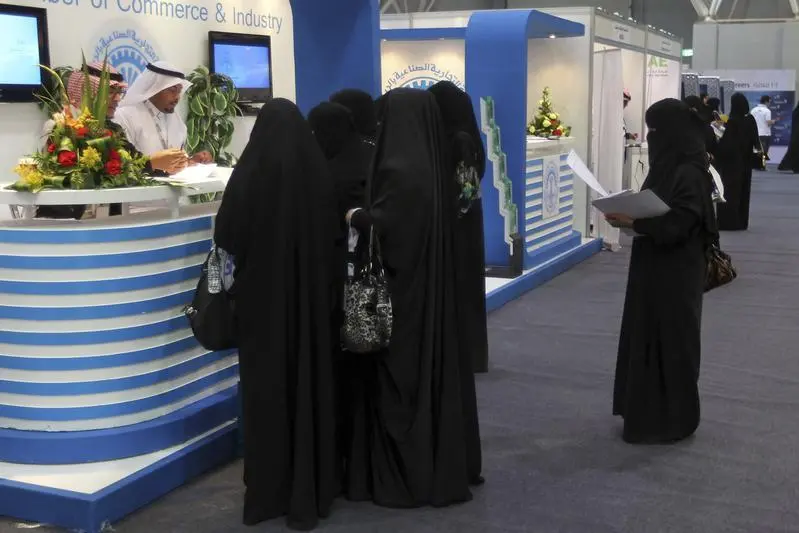PHOTO
Riyadh: The Human Resources Development Fund (HRDF) has contributed to supporting the employment of 201,000 citizens, male and female, in the private sector during the first half of 2023, through its various programs and initiatives, compared to 150,000 during the same period last year.
The Minister of Human Resources and Social Development, Chairman of the Board of Directors of the Fund, Eng. Ahmed bin Sulaiman Al-Rajhi, highlighted the support that the fund enjoys from the Saudi leadership to develop the skills and capabilities of Saudis, raise the level of their participation in the labour market, and stimulate the private sector to contribute to nationalization efforts, in addition to strengthening the partnership with the relevant authorities in training, employing and empowering national cadres, and increasing their competitiveness and sustainability in the labour market.
The HRDF Director, Turki bin Abdullah Turki Al-Jawini, said that the fund's new strategy contributed to enhancing the benefit of individuals and establishments from the fund's programs and services, adding that 79,000 establishments operating in all vital sectors in the Kingdom benefited from the fund's programs, with a growth rate of 41%, compared to 56,000 establishments during the same period last year, while support program expenditures exceeded SR4.6 billion in the first half of 2023.
He stressed that HRDF will continue efforts to integrate with the human resources system to keep pace with the labour market changes, meet its requirements and take into account the needs and priorities related to the sectors, in addition to working on developing programs to support training, empowerment, and guidance directed at national cadres in a way that contributes to achieving the goals of the Kingdom's Vision 2030 in developing human capabilities and the market strategy.





















